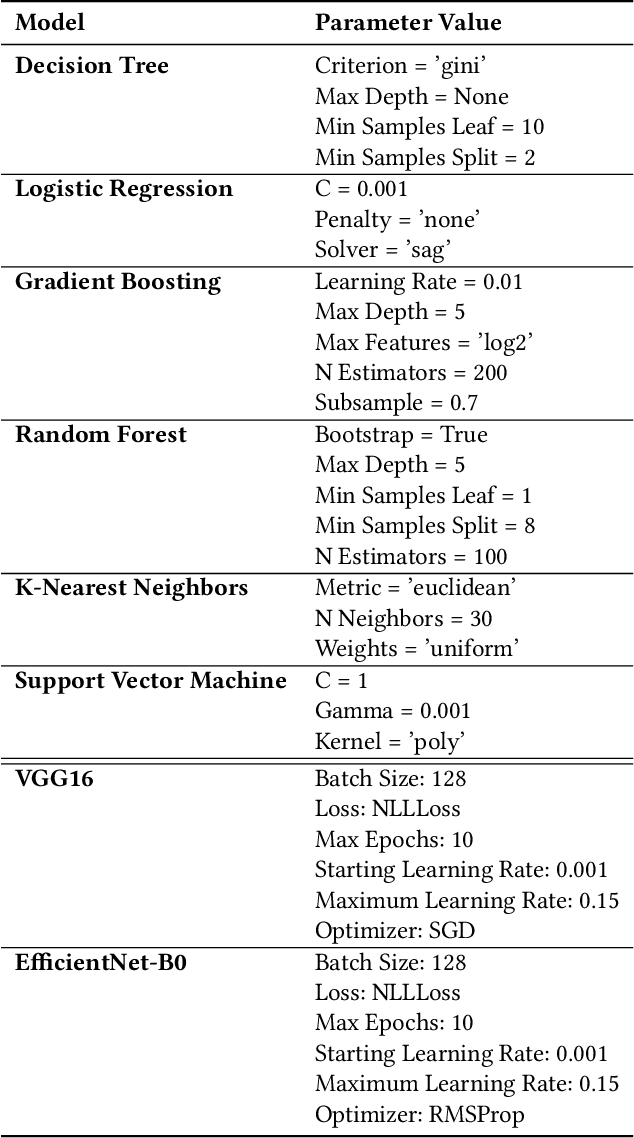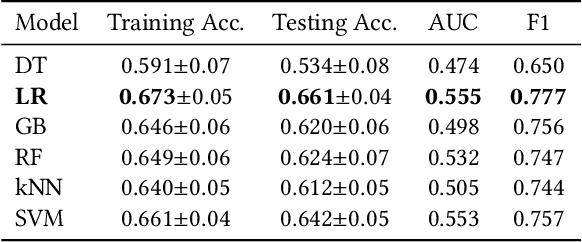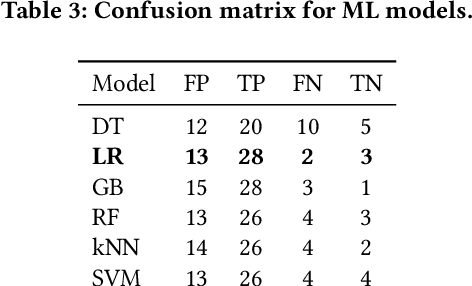Predicting Mitral Valve mTEER Surgery Outcomes Using Machine Learning and Deep Learning Techniques
Paper and Code
Jan 24, 2024



Mitral Transcatheter Edge-to-Edge Repair (mTEER) is a medical procedure utilized for the treatment of mitral valve disorders. However, predicting the outcome of the procedure poses a significant challenge. This paper makes the first attempt to harness classical machine learning (ML) and deep learning (DL) techniques for predicting mitral valve mTEER surgery outcomes. To achieve this, we compiled a dataset from 467 patients, encompassing labeled echocardiogram videos and patient reports containing Transesophageal Echocardiography (TEE) measurements detailing Mitral Valve Repair (MVR) treatment outcomes. Leveraging this dataset, we conducted a benchmark evaluation of six ML algorithms and two DL models. The results underscore the potential of ML and DL in predicting mTEER surgery outcomes, providing insight for future investigation and advancements in this domain.
 Add to Chrome
Add to Chrome Add to Firefox
Add to Firefox Add to Edge
Add to Edge